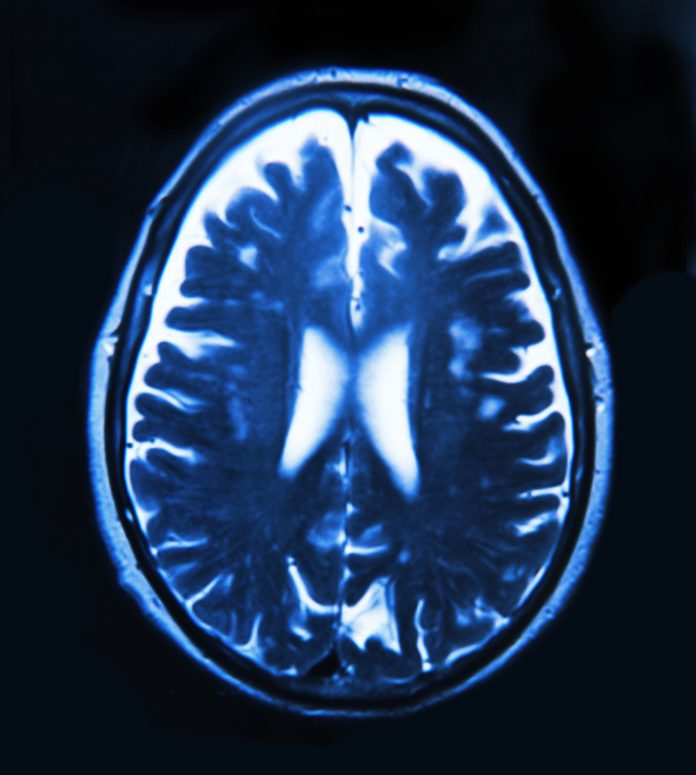Professor David Nutt, President of The European Brain Council highlights the economic impact of poor brain health and how they are calling for a new thinking towards how it is treated
The brain is the key to humanity, providing the immense capabilities of our species. However despite its considerable capacity for self-repair the brain also frequently fails. The costs of poor brain health to Europe are enormous. Traumatic brain injuries, mental illness and cognitive disorders are likely to afflict more than a third of European Union citizens – 179 million people. They cost Europe €798bn per annum – more than any other medical area. This is 7 times the €110bn cost of the 2010 Greek financial rescue, and it is every year.
The economic crisis has put health back on the European Union (EU) agenda. Austerity, low growth and demographic change are calling into question the sustainability of our healthcare and social protection systems. Nowhere is the situation starker than in the area of brain health.
Speaking in one voice
The European Brain Council (EBC) was formed in 2002 to bring together all of the major stakeholders in European “brain space”, in order to talk at the high strategic level with a single voice for brain health and brain disorders. As such, it is working in partnership with patients, scientists, healthcare specialists, industry professionals and policymakers to harness science and innovation for better societal outcomes.
The EBC is calling for new thinking on European brain health and the quality, productivity and mental well-being of the EU workforce. There are practical measures we can take that would make a significant, long-term difference.
We need to focus on outcomes
Within the European Semester – the EU’s new economic governance framework – the European Commission recommends the Member States to improve the cost effectiveness of their healthcare systems. While the objective of sustainable health systems is essential, it is imperative that the emphasis is not just on cost limitation, but on the outcomes that health systems deliver – for the patient and society. We need to understand the benefits that come from more active and productive populations and less social exclusion.
We need to recognise how investments now – for example, in early diagnosis and prevention – contribute to more sustainable health systems later.
We need to analyse and understand how well our health systems are currently performing, and which investments deliver the most lasting value. To make the transition to an outcome-focused approach, we need data to provide us with indicators and benchmarks of best practice. In the area of mental health, the Organisation for Economic Co-operation and Development’s (OECD) work on assessing health systems performance provides an excellent starting point.
Cost-effective investments are critical
Data alone is not enough. We also need a readiness to make investments that will deliver better outcomes and improve effectiveness in the future. From a financial perspective, the message is clear: by improving the brain health of our citizens, we can enable them to live more active and productive lives, to the benefit of all our economies, including our public finances.
Given its relevance to the sustainability challenge, action to address brain-related disorders must be a high priority.
Value of treatment for brain disorders
EBC is responding to current challenges and in January 2016 it has launched its new research project on the value of treatment (VoT) for brain disorders. Analyses demonstrate that there is a considerable treatment gap in Europe, with only about a third of cases receiving the therapy or medication needed. EBC’s VoT project will generate evidence on the socio-economic benefits of healthcare interventions through analysis of case studies in order to build towards closing this treatment gap and develop a workable model of care for brain disorders. The study results will be released during EU Maltese Presidency in the first half of 2017.
European and national brain plans
EBC considers that improved cooperation and coordination are absolutely critical to address in an efficient manner both the challenges and opportunities posed by our brains. With this in mind, in November 2015 it launched a call to foster a dialogue on developing National Brain Plans, which would be brought under the umbrella of an EU-wide plan addressing brain health in an integrated, collaborative and comprehensive way. Successful examples of strategies in other disease areas already exist in Europe. These efforts shall focus on implementing evidence based strategies for research, prevention, early detection and diagnosis, and adequate treatment. The aim is to meet the needs of patients, carers, doctors, researchers and industry. Healthy brains need to be put right at the heart of Europe and it’s 2020 Strategy if indeed we are to increase the health of European citizens as well as to increase European’s economic competitiveness.
Professor David Nutt
President
The European Brain Council











